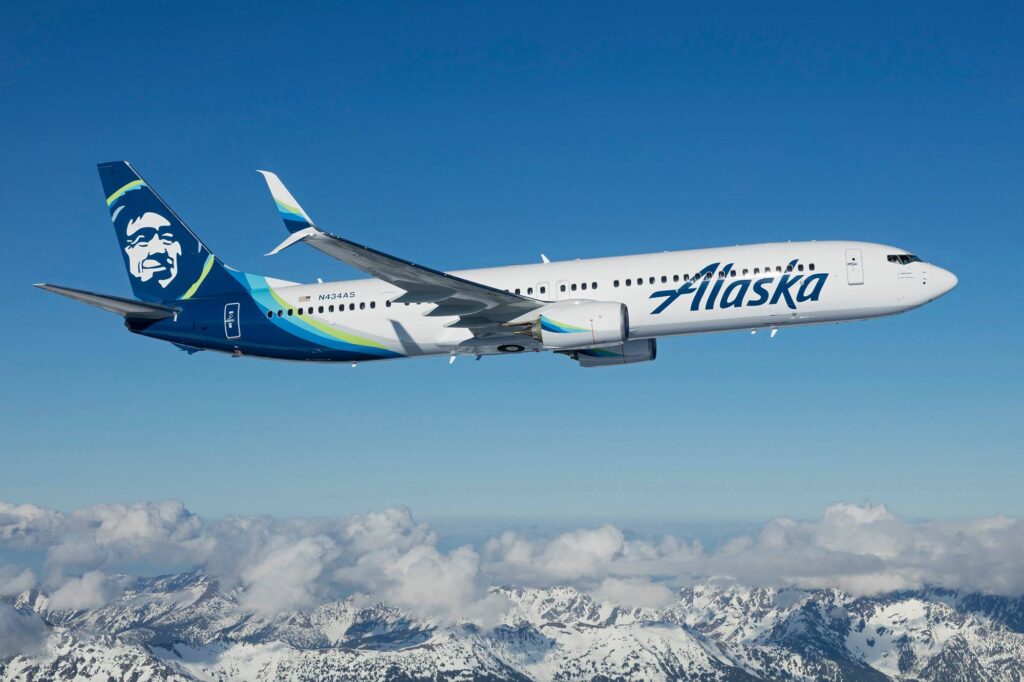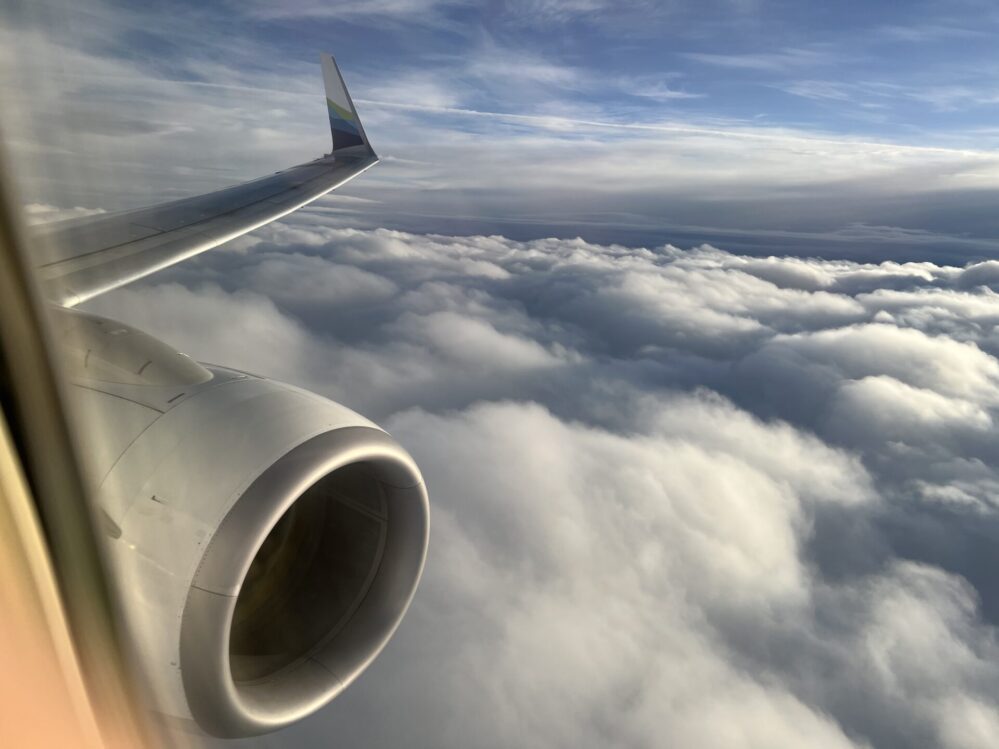
Three changes worth noting at Alaska Airlines. I covered quite a bit of it in my weekly travel column in the Anchorage Daily News last weekend (read it here).
Let’s break it down.
- “Alaska Access“. This is a new subscription service from Alaska Air promising early access to fare sales, as well as a monthly wi-fi pass.
Cost: $60 per year. - Bilt Rewards. Alaska Airlines is partnering with Bilt Rewards to allow travelers to earn mileage points for paying RENT. In addition to using the points for Alaska Air tickets, travelers can transfer to a number of high-value rewards programs, including Hyatt Hotels
- Interline Baggage. On March 1, Alaska Airlines changed its interline baggage policy. For reservations that include more than one ticket, travelers may have to claim their bags mid-journey, re-check with the continuing airline, pay the additional bag fees and go through TSA again. Here’s how Alaska Air spells it out on their website:
“If your travel includes more than one ticket, each ticket is considered a separate journey. Baggage will only be checked to the final destination on the first ticket. … Checked baggage will not be transferred on to your next flight that’s on a separate ticket. Baggage fees for each carrier may apply.”
My take? The “Alaska Access” program is a work in progress. I was waiting for an early-access email last night that never came. But I found some sale fares anyway, to Portland and to Chicago…
The “Bilt Rewards” program is a really good one for travelers who pay rent. There’s no charge for the Bilt card…and no transaction fee to pay rent with the card.
The “interline baggage” change is hitting travelers with a THUD, without any advance notice. This new policy is tough for travelers on a long journey who must change planes at a busy airport, enduring baggage claim, check-in, bag fees and another round of TSA checks before continuing on their journey. Travelers are having to scramble to change their plans, often necessitating long layovers to accommodate this new policy.
Share this Post


